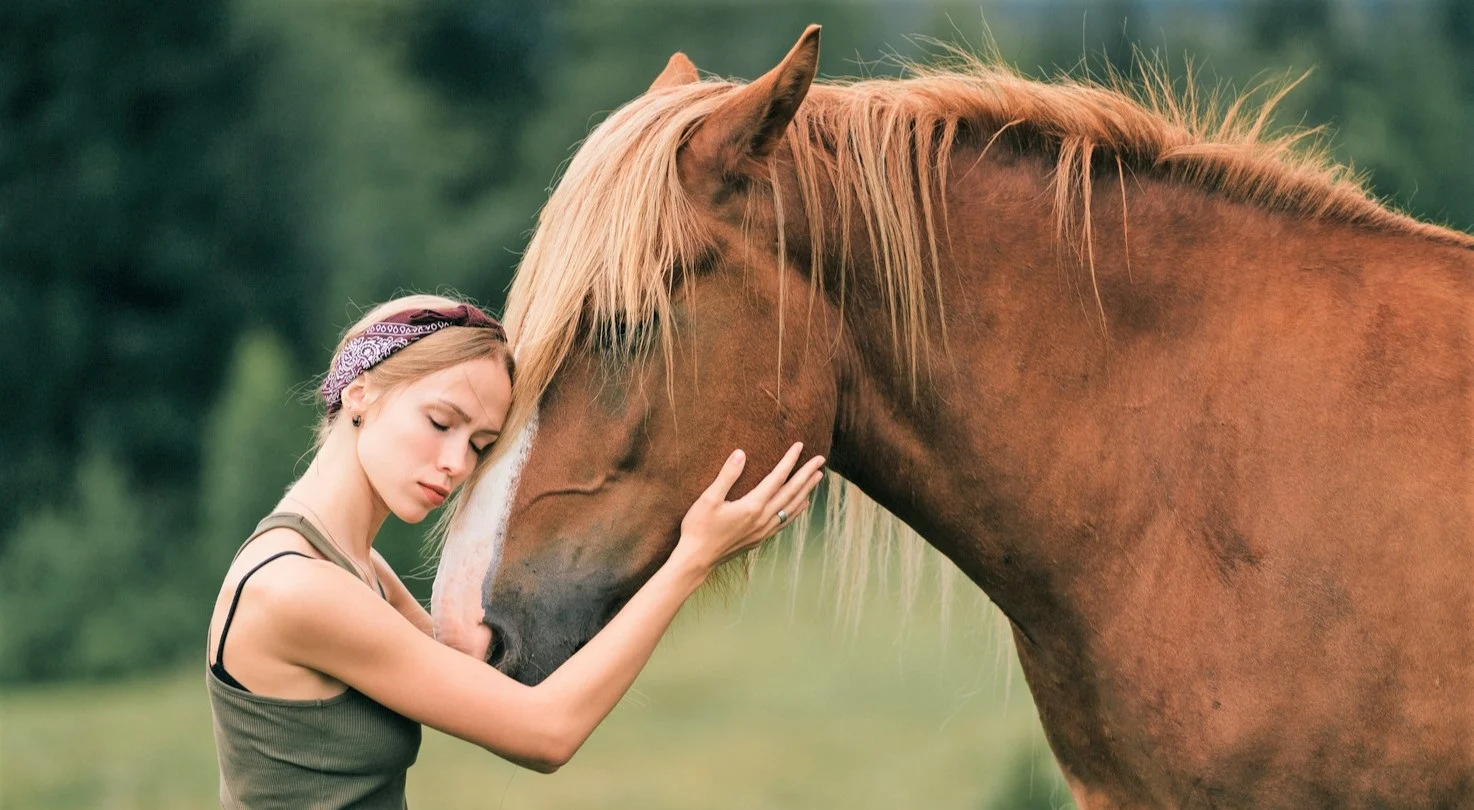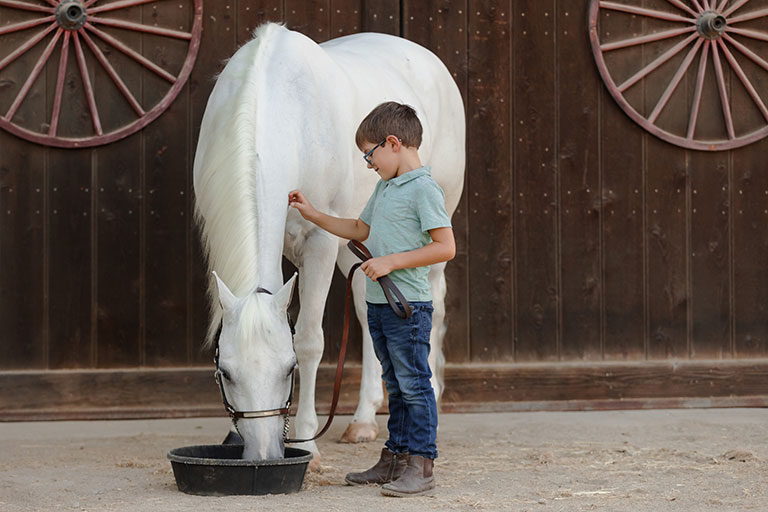Caring for senior horses involves many aspects, but one of the most crucial is maintaining their oral health. A dental float for senior horses is an essential procedure that ensures their teeth are in optimal condition. As horses age, their dental needs change, and understanding these changes is vital for their overall well-being.

Understanding Dental Floats
A dental float involves filing down the sharp edges of a horse’s teeth. Over time, uneven wear can create sharp points that may cause discomfort or injury to the horse’s cheeks and tongue. This procedure is especially important for senior horses, as their teeth have undergone years of wear and tear.
Why Senior Horses Need Dental Floats
As horses age, their teeth may not align as perfectly as they did in their younger years. This misalignment can lead to issues such as difficulty in chewing, weight loss, and even behavioral problems. Regular dental floats help mitigate these issues by ensuring the horse can chew its food properly, leading to better digestion and nutrient absorption.
Signs Your Senior Horse Needs a Dental Float
There are several signs indicating that a senior horse may need a dental float. These include:
- Dropping food while eating
- Excessive salivation
- Chewing difficulty
- Weight loss
- Bad breath
If any of these signs are present, it’s time to schedule a dental check-up for your horse.
The Dental Float Procedure
The procedure of dental floating is generally straightforward. A veterinarian or an equine dentist will use specialized tools to file down the sharp points on the horse’s teeth. The process is typically done under sedation to ensure the horse remains calm and still.
Frequency of Dental Floats for Senior Horses
Senior horses should have their teeth checked at least once a year. However, some may require more frequent visits depending on their dental health. Regular check-ups can help catch problems early before they become severe.
The Role of Nutrition in Dental Health
Nutrition plays a significant role in maintaining a horse’s dental health. A balanced diet with adequate fiber can help reduce the formation of sharp points. Additionally, feeding appropriate supplements can support overall dental and health condition.
Check out our senior horse grooming schedule for more tips on maintaining your horse’s health.
Common Dental Problems in Senior Horses
Senior horses are prone to certain dental issues such as:
- Wave mouth
- Hooks
- Missing teeth
- Periodontal disease
Addressing these problems early can prevent them from affecting the horse’s quality of life.
Preventive Measures for Senior Horse Dental Health
Preventive care is crucial for maintaining dental health in senior horses. This includes regular check-ups, proper nutrition, and addressing any issues promptly. For more insights, visit our article on senior horse hydration in summer.
Understanding the Cost of Dental Floats
The cost of dental floats can vary depending on the horse’s needs and the veterinarian’s fees. However, regular maintenance can save money in the long run by preventing more serious health issues.
Choosing the Right Professional for Dental Floats
It’s important to choose a qualified professional to perform dental floats. Look for someone with experience and a good reputation in equine dental care. You can find more tips on horse care professionals in our senior horse transportation tips article.
Impact of Dental Health on Overall Well-being
The dental health of a senior horse directly affects its overall well-being. Proper dental care can lead to improved eating habits, better digestion, and a happier horse. A healthy mouth is crucial for a high quality of life.
For further reading on maintaining a good life for senior horses, refer to this external source on senior horses and living the good life.

FAQs
How often should I float my senior horse’s teeth?
Senior horses should have their teeth floated at least once a year, but some may need more frequent check-ups.
Can dental problems affect my horse’s behavior?
Yes, dental problems can cause discomfort and pain, leading to behavioral changes in horses.
What can I do to prevent dental issues in my senior horse?
Regular dental check-ups, proper nutrition, and timely treatment of any issues can prevent dental problems.
This article contains affiliate links. We may earn a commission at no extra cost to you.
